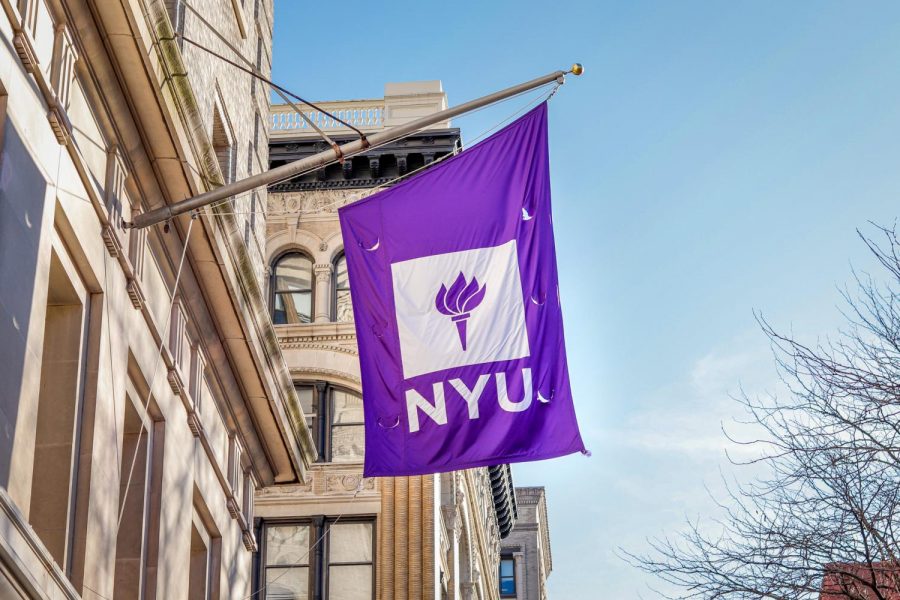Anyone who has flown in the past few years has gone through some form of screening by the Transportation Security Administration. Media outlets have made us painfully aware of recent additions to security procedures, particularly those involving the choice between X-ray machines and pat-downs. These new screening methods have tested the patience of frequent flyers and have sparked debates on privacy and freedom. News agencies have seized this controversial topic, drawing attention to whether the new screening technology poses health risks or if it has proven effective in confiscating dangerous objects. These stories often take the form of personal narratives, pitting the elderly with metal implants against the intrusive hands of the TSA.
For all the media attention airport security has garnered, mainstream media has missed perhaps the most controversial aspect of the subject: national profiling. Beyond profiling a given race or type of individual, TSA actually discriminates against citizens of certain nations. For security purposes, some countries carry a stigma of dangerousness and possible terrorism. In practical terms, this results in intense security rituals for every person born in that country, regardless of age, sex or legal status. As a U.S. resident, I went through at least a dozen of these intense searches while traveling to and from various European countries.
These searches begin at the front desk, where airline personnel inspect passports, promptly stamping those from dangerous countries with the scarlet SSSS, which for Secondary Security Screening Selection. This branding preludes stringent security procedures for which the passenger has been randomly chosen. This first occurred to me on a flight to France: I was only 12, so I found great relief in being randomly chosen to go through an empty line. After years of going through the same line, I realized it was because of prejudices; a line made only for me and all other presumed terrorists. At the end of the line awaits a machine that envelops the passenger and checks their body for weapons. On another occasion, even after passing through this machine, I still had to be checked by K-9 dogs, as if the machine did not suffice to prove me innocent.
In terms of airport security, those presumed dangerous will never be cleared of guilt — in my case by virtue of my birthplace, Cuba, even when these checks delay the airplane and the guards realize a 12-year-old American resident poses no more of a threat than anyone else on the flight. In Zurich, I once had to open my bags so airport security could go through each and every item in my suitcases. Security measures have never bothered me insofar as they do not discriminate between flyers. These random checks have not occurred since I obtained a U.S. passport. Perhaps this small document defines me as a safe individual, guarded from prejudice. Perhaps it signifies a heightened sense of nationalism, which I lacked before.
In reality, a passport did not change me, but it revealed the reasons behind the TSA’s discrimination. By arbitrarily designating certain nations as dangerous, they clearly delineate the other. Labeling certain people as dangerous might even legitimize the work of the TSA and emphasize the innocuous nature of most American citizens. None of these plausible explanations, however, serve as an excuse to national profiling, an issue that challenges basic rights without mainstream media attention.
A version of this article appeared in the Tuesday, Oct. 2 print edition. Carlos Estevez is a contributing columnist. Email him at [email protected].






















































































































































